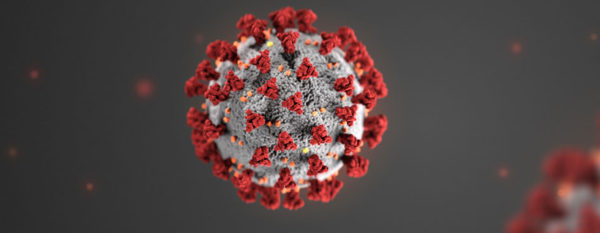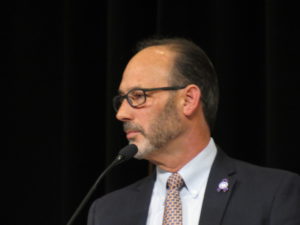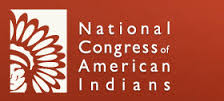
- Details
- By Press Releases
 Kevin Allis
Kevin Allis
“We cannot ignore the elevated risks faced by Indian Country from this virus,“ said NCAI CEO Kevin Allis. “The federal government’s chronic underfunding of its treaty and trust responsibilities to American Indians and Alaska Natives must end – lives are at risk.” American Indian and Alaska Natives (AI/ANs) experience higher rates of the underlying medical conditions that increase the risk of severe illness and death caused by COVID-19 as compared to the general U.S. population. According to the Center for Disease Control and Prevention (CDC), those at highest risk for complications associated with COVID-19 are the elderly (age 60+) and those with chronic diseases or who are immunocompromised, which include:
- Heart disease
- Lung disease including asthma or chronic obstructive pulmonary disease
- Endocrine disorders such as diabetes
- Chronic kidney disease
- Chronic liver disease
- Compromised immune system; taking immunosuppression medications

- 16 percent of American Indian and Alaska Native households in tribal areas are overcrowded compared to 2 percent for the United States.
- Among the 213 largest tribal areas, the quarter with the highest levels of overcrowding—all more than 18 percent— was mostly in the poorest regions—the Plains, Arizona/New Mexico, and Alaska.
More Stories Like This
Native News Weekly (August 25, 2024): D.C. BriefsUS Presidents in Their Own Words Concerning American Indians
Native News Weekly (August 4, 2024): D.C. Briefs
NB3 Foundation to Host 6th Annual Native Youth Golf Championship
Federal Budget Proposal Threatens to Dismantle Native Workforce Programs
Help us tell the stories that could save Native languages and food traditions
At a critical moment for Indian Country, Native News Online is embarking on our most ambitious reporting project yet: "Cultivating Culture," a three-year investigation into two forces shaping Native community survival—food sovereignty and language revitalization.
The devastating impact of COVID-19 accelerated the loss of Native elders and with them, irreplaceable cultural knowledge. Yet across tribal communities, innovative leaders are fighting back, reclaiming traditional food systems and breathing new life into Native languages. These aren't just cultural preservation efforts—they're powerful pathways to community health, healing, and resilience.
Our dedicated reporting team will spend three years documenting these stories through on-the-ground reporting in 18 tribal communities, producing over 200 in-depth stories, 18 podcast episodes, and multimedia content that amplifies Indigenous voices. We'll show policymakers, funders, and allies how cultural restoration directly impacts physical and mental wellness while celebrating successful models of sovereignty and self-determination.
This isn't corporate media parachuting into Indian Country for a quick story. This is sustained, relationship-based journalism by Native reporters who understand these communities. It's "Warrior Journalism"—fearless reporting that serves the 5.5 million readers who depend on us for news that mainstream media often ignores.
We need your help right now. While we've secured partial funding, we're still $450,000 short of our three-year budget. Our immediate goal is $25,000 this month to keep this critical work moving forward—funding reporter salaries, travel to remote communities, photography, and the deep reporting these stories deserve.
Every dollar directly supports Indigenous journalists telling Indigenous stories. Whether it's $5 or $50, your contribution ensures these vital narratives of resilience, innovation, and hope don't disappear into silence.
 The stakes couldn't be higher. Native languages are being lost at an alarming rate. Food insecurity plagues many tribal communities. But solutions are emerging, and these stories need to be told.
The stakes couldn't be higher. Native languages are being lost at an alarming rate. Food insecurity plagues many tribal communities. But solutions are emerging, and these stories need to be told.
Support independent Native journalism. Fund the stories that matter.
Levi Rickert (Potawatomi), Editor & Publisher
